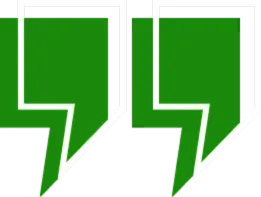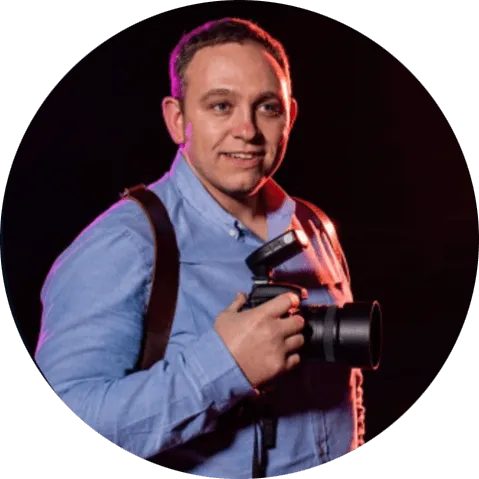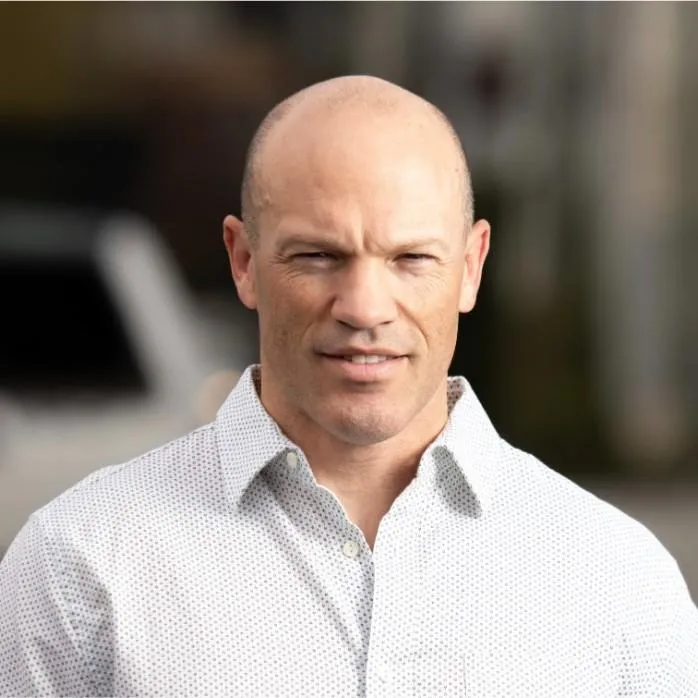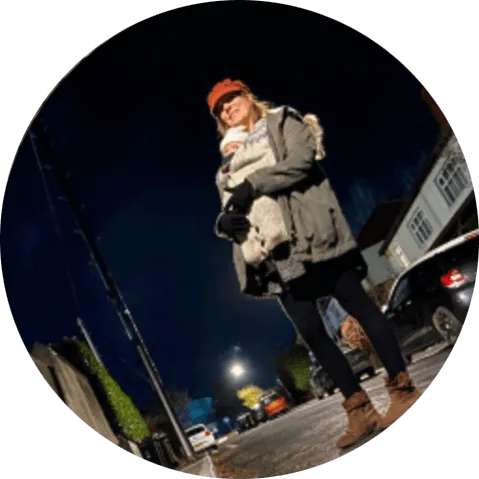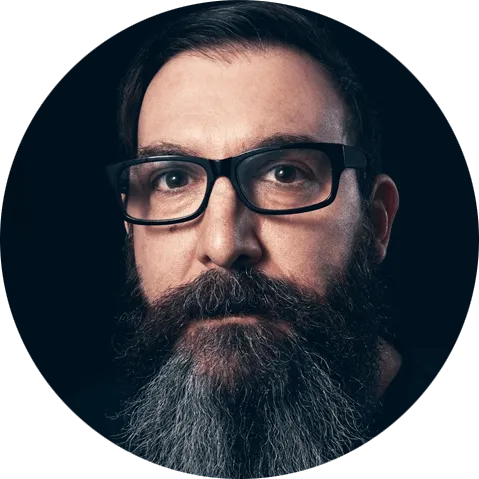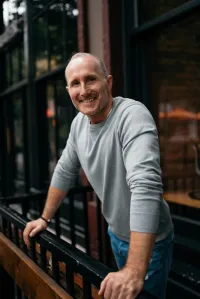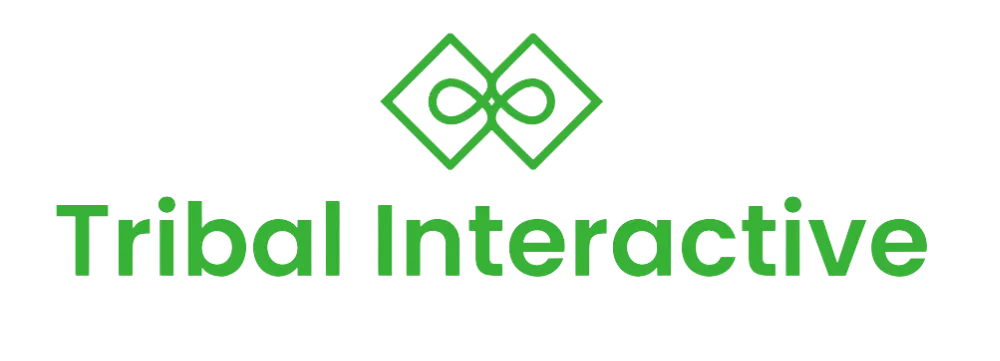I had it all: a promising software startup, a brilliant team, and a relationship I thought would last forever. But behind the scenes, something was eating away at my life. It wasn’t a failed product or a lack of market fit that threatened to derail everything. It was something far more subtle—a toxic force I didn’t even know existed: the Drama Triangle.
For months, I couldn't figure out why my company wasn’t scaling, why my girlfriend and I fought constantly, or why my relationship with my brother—the person I trusted most in the world—was falling apart. It felt like everything was slipping through my fingers, and I had no idea why. It wasn’t until I stumbled upon this simple psychological framework that I began to understand what was really happening.
The Day I Realized I Was the Hero... and That Was the Problem
It hit me during one of our weekly meetings. My brother, who was also our CTO, looked exhausted—defeated even. We were behind schedule, clients were breathing down our necks, and morale was at an all-time low. As usual, I did what I thought I had to do: I stepped in to solve the problem.
"Don’t worry about it. I’ll talk to the client and get them to back off," I said. My brother barely nodded, too drained to argue. He was in Victim mode, feeling like everything was happening to him. Meanwhile, I had assumed my usual role as the Hero, swooping in to save the day... again. And our clients? They were the Villains—always demanding more, blaming us for delays, never satisfied.
But here’s the thing: I wasn’t really helping anyone. My constant “rescuing” was only making things worse. I was burning out, my brother was disengaged, and the client’s demands kept growing. We were all stuck in the Drama Triangle, and it was slowly killing us.
The Moment Everything Changed
I’ll never forget the moment that snapped me out of it. One night, after another long day of putting out fires, my girlfriend confronted me. “You’re always stressed out. You’re not present anymore. I don’t even know if you care about this relationship,” she said.
It was like a punch to the gut. I had been so consumed with playing the Hero at work that I didn’t realize I was doing the same thing at home. I was trying to fix everything—solve her problems, anticipate her needs—when all she wanted was for me to just be there.
That’s when I realized the real issue wasn’t with my company, my brother, or my clients. The problem was me. I had trapped myself in the Hero role, thinking I had to save everyone, but I was only hurting the people I cared about most.
Breaking Free From the Drama
That night, I started researching ways to break out of this toxic cycle. I came across something called the Empowerment Triangle. It’s the antidote to the Drama Triangle, offering a new set of roles: Creator, Challenger, and Coach. And that’s when everything started to click.
Instead of being the Hero, I needed to become a Coach—asking questions and empowering my team to find their own solutions. My brother didn’t need rescuing; he needed to step into the Creator role and take ownership of his work. And our clients weren’t Villains—they could be Challengers, pushing us to do our best work within the agreed-upon limits.
The Hardest Conversation
The next day, I had one of the hardest conversations of my life. I sat down with my brother and told him what I had realized. “I can’t keep saving the day,” I said. “You need to take ownership of your role. I believe in you. We’re in this together, but you have to step up.”
It wasn’t easy, but it was necessary. Over the next few weeks, we both worked to change our dynamic. I stopped micromanaging and started coaching. My brother embraced his role as the Creator, finding new ways to meet client demands without feeling overwhelmed. And our clients? Well, they became our partners, challenging us to be better while trusting our expertise.
The Turnaround
Once we shifted out of the Drama Triangle, everything changed. Our team started thriving, our projects became more efficient, and I finally found balance in my personal life. I wasn’t burning out anymore because I wasn’t trying to solve everyone else’s problems. Instead, I was helping people solve their own.
I’ll never forget the moment when our lead developer, who had always relied on me to bail him out, came to me with a new workflow he had created to cut down our development time. He was so proud of what he had accomplished, and for the first time, I didn’t have to step in and "save" him. He had done it himself.
That’s the power of the Empowerment Triangle. It not only saved my business but also gave me the peace and freedom I had been searching for.
What About You?
If you’re feeling stuck—whether it’s in your business, your marriage, or your relationships—ask yourself: What role am I playing? Are you the Hero, trying to save everyone? The Victim, feeling powerless? Or maybe the Villain, blaming others for your problems?
Whatever role you’re stuck in, know this: You have the power to change it. You can become the Creator of your own life, the Coach who empowers others, and the Challenger who pushes people to grow. When you make that shift, everything changes.
The Beginning of Real Growth
Today, I run a lean, profitable company. My relationship with my brother is stronger than ever. And my girlfriend? We’re building a life together based on partnership, not codependency. It all started with one simple realization: I was stuck in the Drama Triangle, and it was killing everything I cared about.
The good news? You can break free too. All it takes is recognizing the roles you’re playing and deciding to step into a more empowering dynamic. Trust me, it will change your life.
If you’re looking to enhance your leadership and improve team dynamics, consider diving deeper into the principles of the Drama Triangle and how shifting to empowering roles can transform your interactions. You can schedule a free 15-minute Discovery Call to explore our tailored coaching and consulting services. Start by reflecting on the roles you and your team members play in conflicts and how you can shift towards being a Creator, Challenger, or Coach. Engage in open discussions, encourage accountability, and commit to fostering an environment of growth and empowerment. Together, we can break free from dysfunctional patterns and build a foundation for lasting success.
